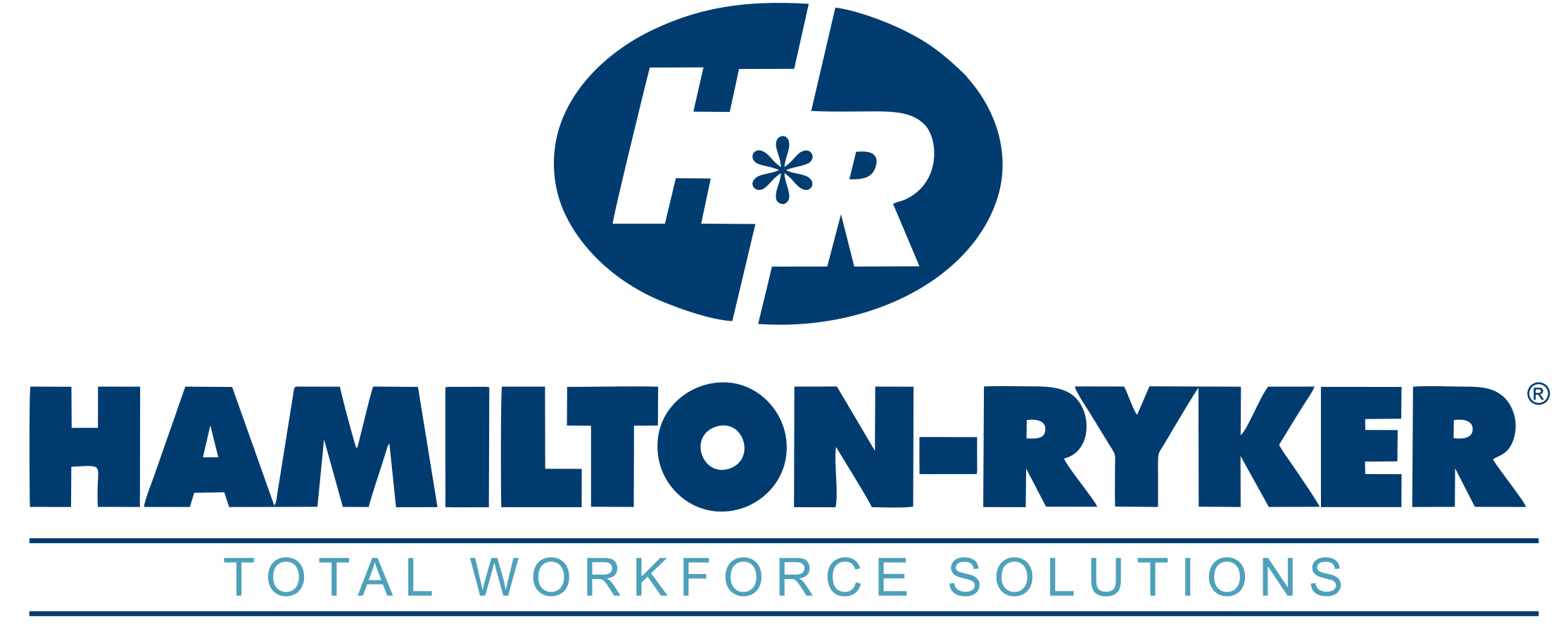How Can You Be Sure to Avoid Applicant Resentment?
During the height of the pandemic, candidates were more sympathetic to company struggles while managing recruitment and hiring. However, in the years since, applicant resentment has been building. Job seekers are frustrated by hiring processes that seemingly don’t meet their needs or respect their time. Couple that with issues involving positions not meeting wage expectations and reduced amount of transparency, and the situation is quickly becoming dire.
Fortunately, there are steps companies can take to avoid applicant resentment. Here are tips that HR professionals, hiring managers, and anyone else involved in the hiring process can use to enhance the candidate experience.
Focus on Transparent Communication
One of the biggest sources of irritation for candidates is a lack of communication. Whether it’s not knowing where they stand during the hiring process, having unclear pictures about what the role entails, or not seeing details about the proposed salary range, subpar communication significantly harms the candidate experience.
Ideally, companies should make use of automated messaging tools to keep candidates in the loop as the hiring process progresses. Letting job seekers know if they’re advancing or were eliminated from contention is a straightforward way to improve communication throughout the process without overburdening hiring managers and recruiters.
Similarly, publicly listing salary ranges (along with overviews of any company-provided benefits) eliminates many questions candidates may have about whether applying is a wise move on their end. Plus, this step saves companies time, as candidates who do apply are likely to accept a salary within that range.
Set Expectations Early in the Process
Technically, setting expectations early is part of transparent communication, but it’s worth discussing separately since it’s a critical part of the equation. Employers need to outline how the hiring process will proceed to ensure candidates feel informed. Plus, it creates opportunities to present the overall timeline, and when job seekers know when specific steps should occur in advance, they’re less likely to become frustrated.
For this to work well, it’s also crucial to update candidates if anything about the timeline or process changes as soon as possible. An automated message that alerts them to adjustments to the hiring plan is typically sufficient, as it allows for information to pass to them quickly without any undue hardship on hiring managers or recruiters.
Ask for Feedback Regularly
Job seekers experience your hiring process in a way that your internal employees, hiring managers, and recruiters don’t. Plus, candidate expectations shift over time. As a result, requesting feedback regularly is a wise move. It creates opportunities to learn about obstacles and pain points they encounter, allowing you to use their input to refine your process.
Ultimately, avoiding applicant resentment is critical for long-term hiring success, so seizing opportunities to enhance the candidate experience is worthwhile. Along with streamlining hiring on the job seekers’ end, it also elevates your company’s reputation, increasing the odds you’ll be viewed as an employer of choice.
If you’d like to learn more about how your company can avoid applicant resentment or need to hire top talent to fill vacant positions quickly, Hamilton-Ryker can make it easier. Contact us today.

